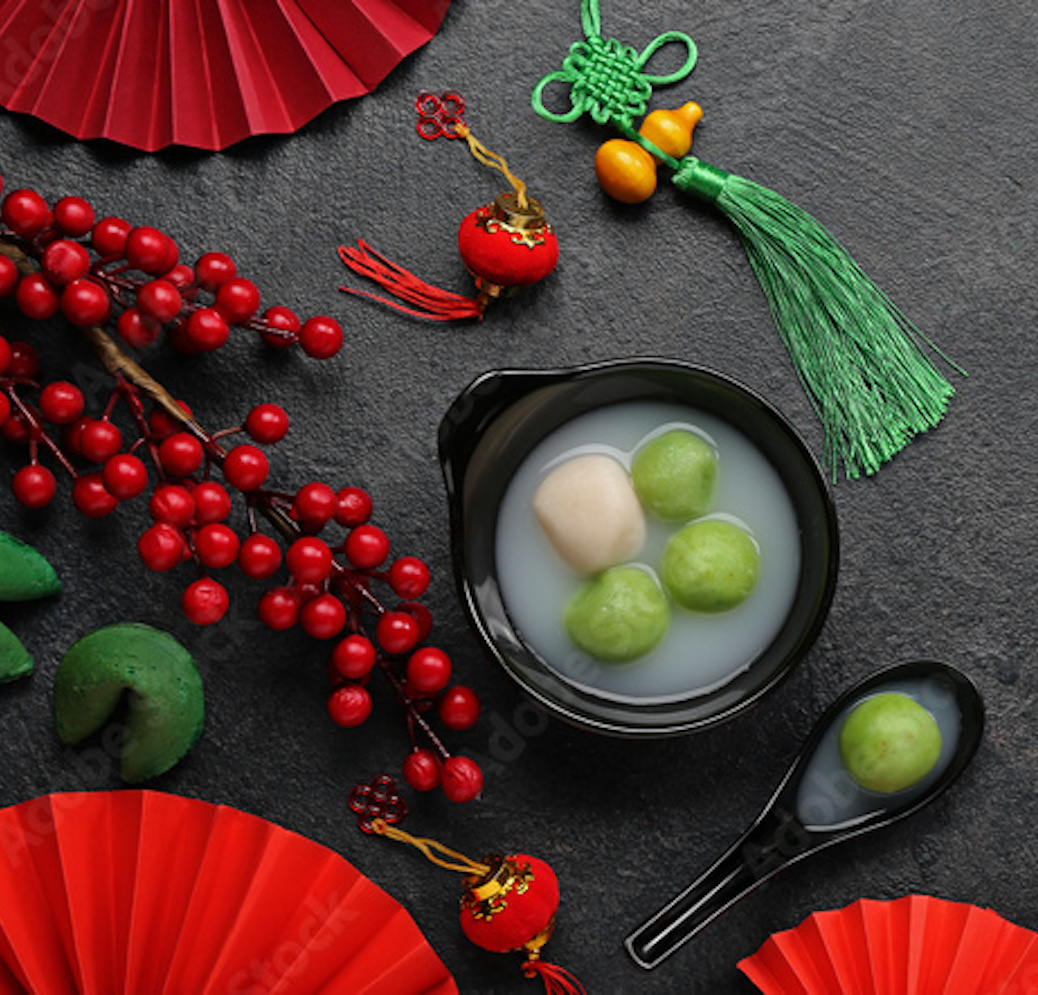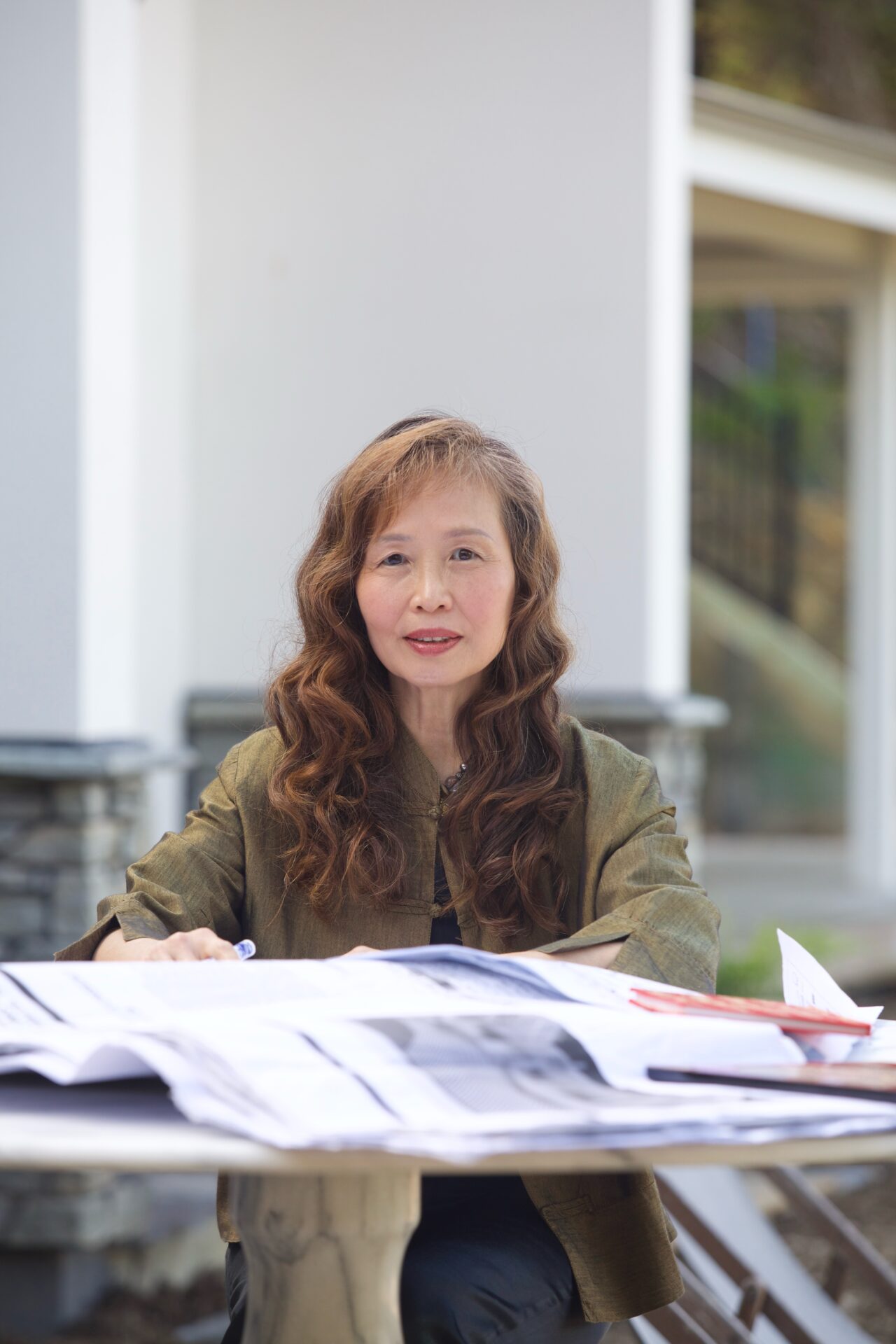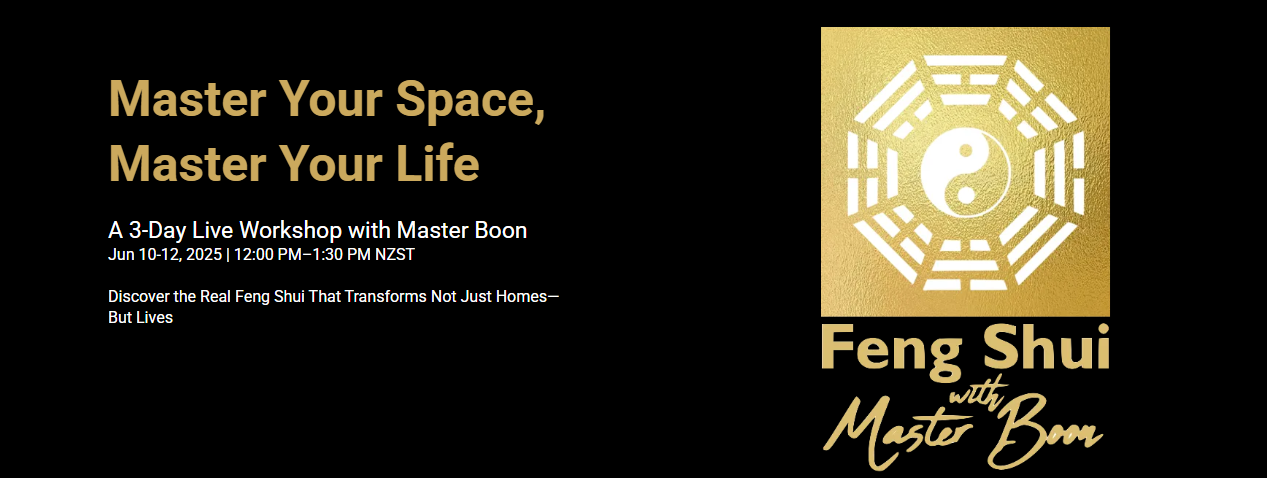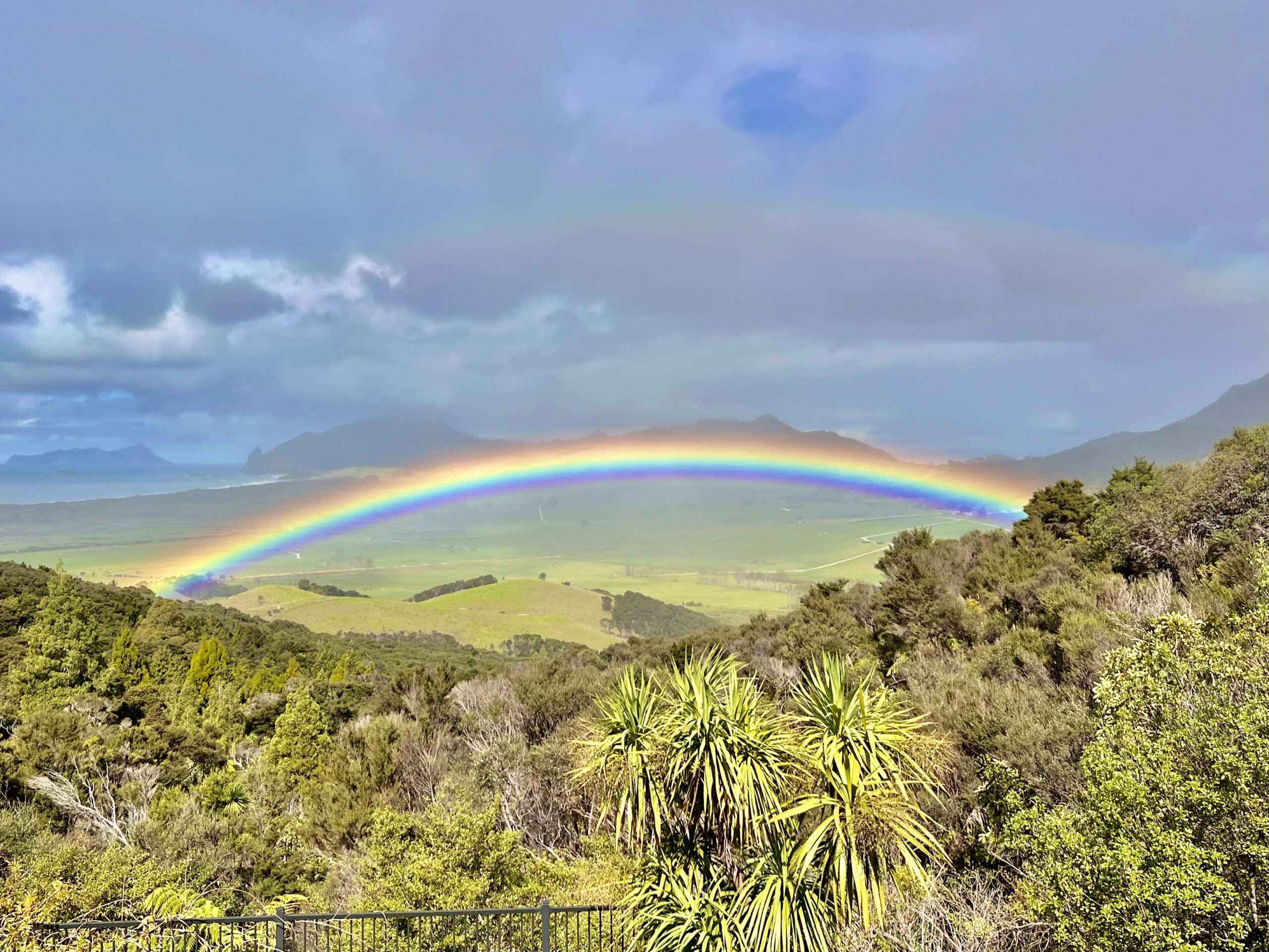![]() In my teachings yesterday, I mentioned the Chinese Solar Calendar system, the Yangli. It is one of the foundation principles behind all the wisdom knowledge and guide to living in sync with the Dao natural rhythms.
In my teachings yesterday, I mentioned the Chinese Solar Calendar system, the Yangli. It is one of the foundation principles behind all the wisdom knowledge and guide to living in sync with the Dao natural rhythms.
![]() Today marks the winter solstice in the Northern Hemisphere and heralds the coldest and darkest of the 24 solar terms of the Yangli year. This 24 solar period of 14 days is called 冬至which means winter’s extreme, is celebrated with the Dōngzhi Festival.
Today marks the winter solstice in the Northern Hemisphere and heralds the coldest and darkest of the 24 solar terms of the Yangli year. This 24 solar period of 14 days is called 冬至which means winter’s extreme, is celebrated with the Dōngzhi Festival.
![]() Dongzhi day symbolizes light softly triumphing over darkness, promising longer days, warming Yang energy, and a return to the gentle balance and harmony of
Dongzhi day symbolizes light softly triumphing over darkness, promising longer days, warming Yang energy, and a return to the gentle balance and harmony of ![]() yin and yang’s cosmic dance.
yin and yang’s cosmic dance.
![]() Dongzhi has ancient roots, dating back to the Zhou Dynasty 3000 years, then a simple agrarian celebration tied to the winter solstice, a time to reap crops and honor the land. It is also a time to worship the heaven to bring a great harvest and good health for the coming year.
Dongzhi has ancient roots, dating back to the Zhou Dynasty 3000 years, then a simple agrarian celebration tied to the winter solstice, a time to reap crops and honor the land. It is also a time to worship the heaven to bring a great harvest and good health for the coming year.
Nowadays, it’s a family affair, honouring ancestors with burning joss paper and gathering for a shared meal. ![]() Amidst these moments, there’s a charming tradition—making and savouring tangyuan, little glutinous rice balls symbolizing sweet reunions.
Amidst these moments, there’s a charming tradition—making and savouring tangyuan, little glutinous rice balls symbolizing sweet reunions. ![]()
![]() Imagine these tangyuan, not just delicious, but also colourful—tinged with pink or green. Some keep the old ways alive, chanting the Nines of Winter, crafting rice wine, and relishing dumplings and ginger-infused rice.
Imagine these tangyuan, not just delicious, but also colourful—tinged with pink or green. Some keep the old ways alive, chanting the Nines of Winter, crafting rice wine, and relishing dumplings and ginger-infused rice. ![]() . A folksong echoing with the number nine—a symbol of eternity. It paints a lyrical picture of changing seasons and the gentle turn towards the farming season.
. A folksong echoing with the number nine—a symbol of eternity. It paints a lyrical picture of changing seasons and the gentle turn towards the farming season. ![]()
As winter is a time of darkness and cold, people would metaphorically “age” during this period. Therefore, by the time Dongzhi arrives, it’s customary to say that everyone is “a year older” in reference to the progression of time and the changing seasons. This phrase encapsulates a simple yet profound reflection on the cyclical nature of life and the inevitability of time passing, aligning with the philosophy of the Dao ![]() .
.






